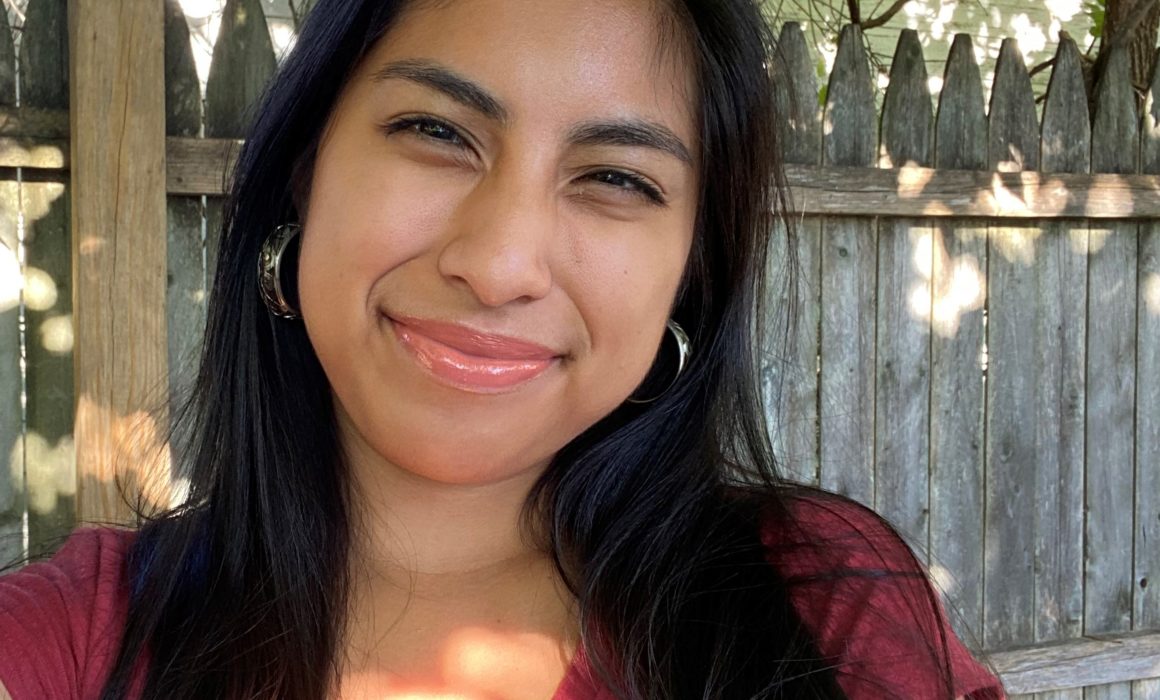First-Gen Mentor Pays it Forward
When first-generation college student Nadia Zuniga was still in high school, she had a mentor who shared her college experience, offering advice and guidance. So, when the Manchester Community College student learned of the opportunity to mentor first-year students from similar backgrounds, she applied for the job.
“I wanted to give back what I had experienced growing up,” says Zuniga, in her final year at MCC.
The East Hartford resident lives with her father, who supports her education but doesn’t understand her challenges or know how to guide her. A peer mentor since August 2020, she appreciates being able to vent her frustrations with her peer-mentor friends. Her own struggles with adjusting to college have informed her role as a mentor to students like her, she says.
It’s not uncommon for first-generation students to experience self-doubt and question whether they can handle college-level demands, including academic, time-management and financial requirements. When they learn she’s from a similar background and faces challenging classes but plans to complete her bachelor’s degree, that reassures her mentees they belong in college too.
She encourages her mentees to seek a tutor at the Academic Support Center if they need extra help, and tells them about her own need for a math tutor. “I try to share my own experiences so they see that I can relate to their struggles and experiences,” says Zuniga, who plans to transfer to Southern Connecticut State University next fall to study speech pathology.
One of her mentees found it difficult to concentrate on their studies at home, so Zuniga told them about how to reserve study rooms available on campus. She instructed another mentee the proper tone to take when emailing a professor, showing the mentee how to write an email like they’re a student writing to a teacher, not a friend to a friend.
Knowing how busy her mentees are with jobs, classes and homework, she created instructional videos displaying the screens from the campus website to walk students through the steps to reserve a study room, navigate the colleges online system, called Blackboard, and register for classes. She offers to help them live with these tasks, she says, but most students find it’s easier for them to watch the video on their own.
While only some of her mentees ask questions or reach out for help, she sends all her mentees weekly reminders and informational tips such as news that the FAFSA application period has opened, when to register for classes and the deadline for filing for a transfer.
When she’s not studying or helping her mentees, Zuniga works as a substitute preschool teacher, is involved with the campus radio station and does volunteer work as a member of the academic honor society Phi Theta Kappa.
She finds mentoring rewarding, especially when she guides a struggling student to get the support that’s there for them, she says. “It feels good when I am able to make connections, see students succeed and assist them throughout the process.”

